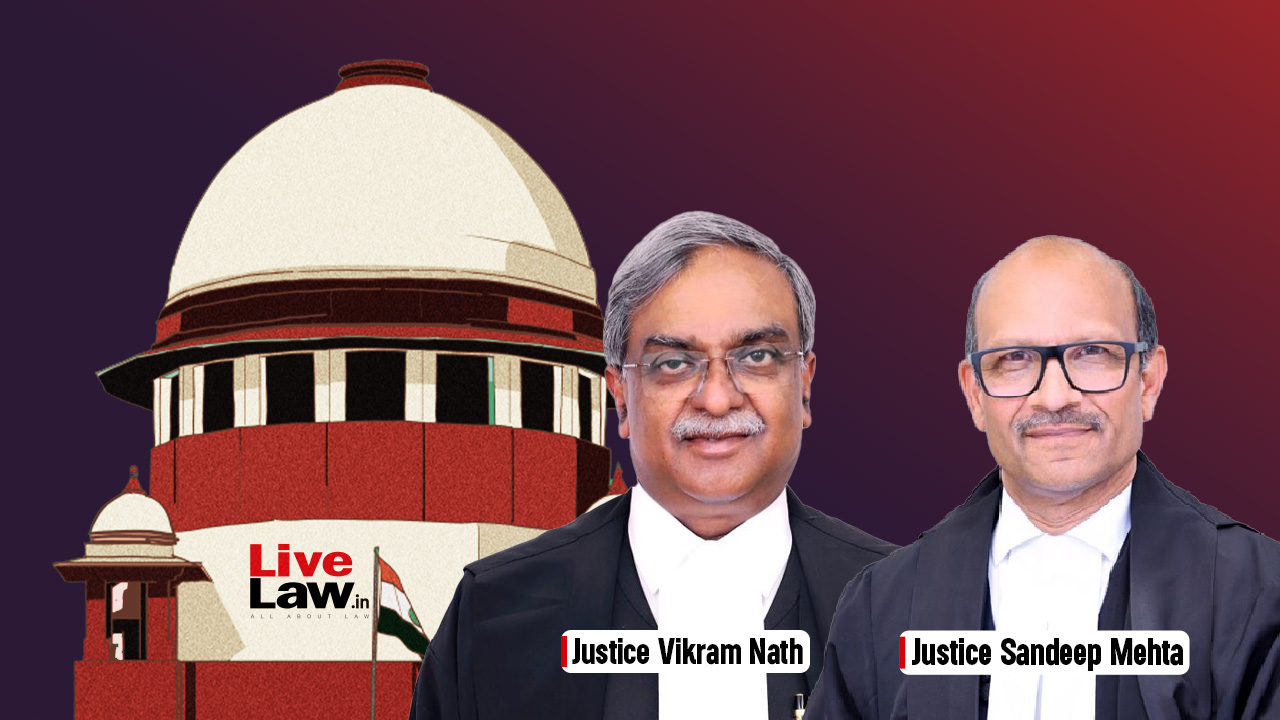[ez-toc]
[ad_1]
Supreme Court Quashes Rape Case: The Verdict and Its Implications
Will a Supreme Court Quash Rape Case? Understanding the Verdict
In a recent verdict, the Supreme Court quashed a criminal proceeding against a man accused of sexually assaulting a woman with whom he had a 16-year-long consensual relationship under the pretext of marriage. The Court’s decision raises significant questions about the nature of consent, the role of societal expectations, and the boundaries of what constitutes rape.
A History of Moot Intimacy
The couple, now in their 30s, began their relationship in 2006, when the woman, who is now a major and well-established individual, was still a minor. The man, who is now married to another woman, alleged that the sexual relationship was consensual and that the woman willingly engaged in it.
A Complex Web of Consensual Relationships
The Court’s decision highlights the complex web of consensual relationships, where parties may engage in intimate acts, including sexual intercourse, without necessarily intending to marry. The Court held that a mere breach of a marriage promise does not constitute rape unless it is proven that the accused never intended to marry the woman from the outset of the relationship.
Theories of Consent
The Court leaned heavily on theories of consent, citing precedents such as Mahesh Damu Khare v. State of Maharashtra and Prashant v. State (NCT of Delhi), which emphasized the importance of considering the length and nature of the consensual relationship. The Court concluded that the accused was not liable for rape as the woman had willingly agreed to maintain sexual relations, and that the relationship was built on love and passion rather than coercion.
The Implications of the Verdict
The Supreme Court’s decision has sparked debate about the nature of consent, the role of societal expectations, and the boundaries of what constitutes rape. The verdict raises questions about how to distinguish between consensual relationships and those that involve coercion or deceit.
Conclusion
In conclusion, the Supreme Court’s quashing of the rape case highlights the importance of considering the context and nature of the relationship in determining whether an act of sexual activity constitutes rape. As the Court noted, a prolonged consensual relationship cannot be considered rape based on a false promise of marriage unless the consent was vitiated by deceit from the outset. The verdict emphasizes the need for a nuanced approach to understanding consent and the importance of respecting the autonomy of adults to make their own decisions about their sexual lives.
Related Posts
- Know The Law | When Can Sex On Promise To Marry Amount To Offence Of Rape?
- Understanding the Laws of Consent and the Boundaries of What Constitutes Rape
Read the Full Verdict Here
[Insert link to the full verdict]
Appearances
- For Petitioner(s): Dr. Purvish Malkan, Sr. Adv. Mr. Pradeep Kumar Yadav, Adv. Mr. Vishal Thakre, Adv. Ms. Anjale Kumari, Adv. Ms. Manshu Sharma, Adv. Mr. Dinesh Satyapal Sehgal, Adv. Mr. Aditya Yadav, Adv. Mr. Sanjeev Malhotra, AOR
- For Respondent(s): Mr. Ankit Goel, AOR Mr. Vikas Bansal, Adv. Mr. Harshit Singhal, Adv. Mr. Nitin Meshram, Adv. Mr. Saurabh Singh, Adv. Mr. Rishi Raj Singh, Adv. Mr. Ranbir Singh Yadav, AOR
[ad_2]

Live News Daily is a trusted name in the digital news space, delivering accurate, timely, and in-depth reporting on a wide range of topics.
